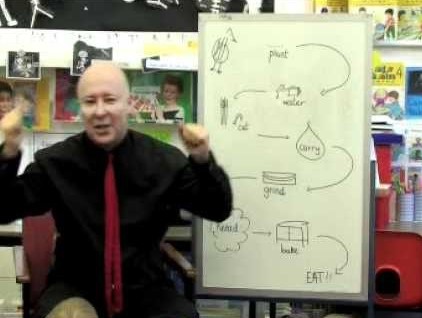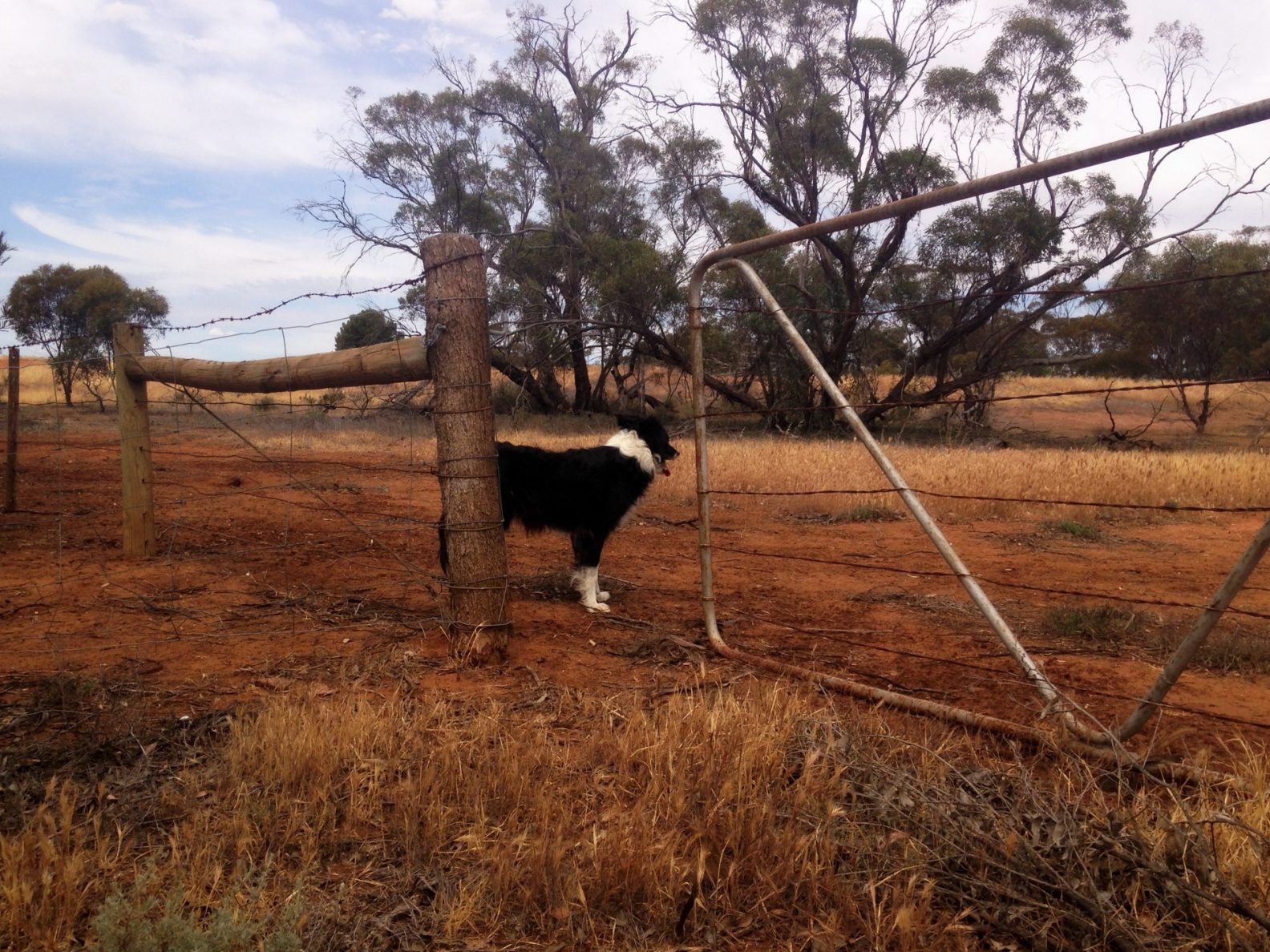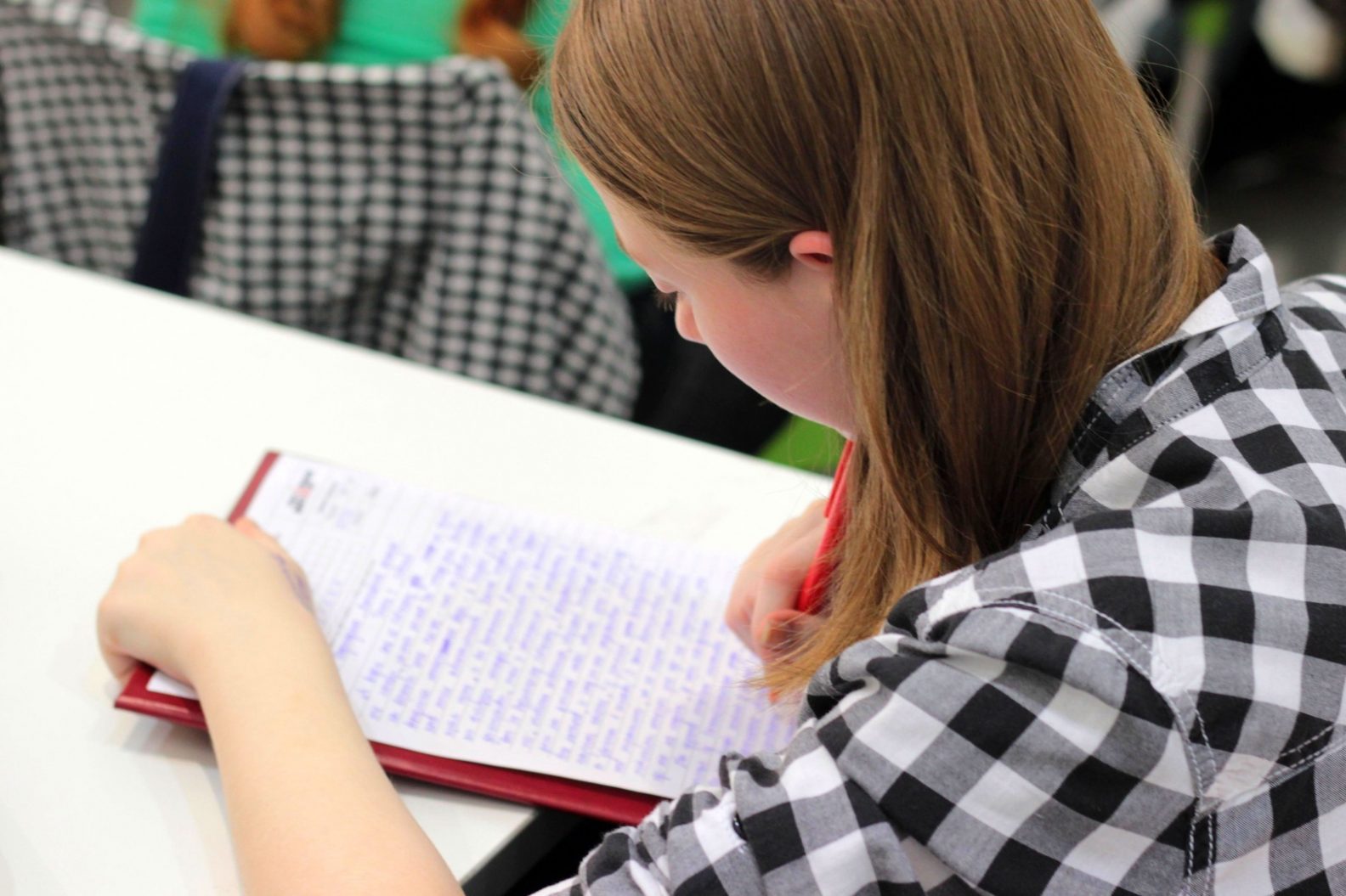Watch Pie Corbett demonstrating the Talk for Writing method in teaching the story of the Little Red Hen.
Using Dr Who to boost literacy
In this blog, a teacher explains how they used the Dr Who examples given in Pie Corbett’s Talk for Writing Across the Curriculum book in their own class.
Rome wasn’t built in a day
Rome wasn’t built in a day. Talk for Writing Primary Expert Maria Richards explains why you must invest time and have a plan if you want to reap the potential benefits of Talk for Writing for your school.
The Manor House
Talk for Writing trainer Jo Pearce explains how a model text can be used to help pupils become effective writers of suspense stories. Download the model text here, along with teaching notes and worked examples.
Writing and text mapping your own model text
Talk for Writing consultant Kathryn Pennington explains how and why she writes and maps her own model text: “Having a model text is vitally important in the writing process…You need a clear example of what good looks like and that’s where the model text comes in.
How do I use this book with Talk for Writing?
Talk for Writing Expert Kathryn Pennington explains the role of a model text and how to select an appropriate model text for your purposes. This downloadable resource includes 4 model texts.
Talk for Writing in the Australian outback
“Traditionally, learning for aboriginal children was largely a matter of observation and imitation…within concrete contexts. The imitation and innovation phase of Talk for Writing taps into this preferred learning style”.
Little Vixen Street
A suspenseful model text by Talk for Writing Expert Dean Thompson, with accompanying teaching notes explaining how the text might be utilised to develop a unit of work: “Anthropomorphising the cunning or wily fox is a very popular idea in many stories”
Creating quality independent writing at Hallsville Primary
At Hallsville Primary, teachers have found that there is not one magic ingredient for creating quality independent writing, but many. What do they think is the most important? Reading: “We have found that the longer you linger with the text, the better the independent outcomes are”.
Getting to the end point – real, quality independent writing
Emma Mann, from Penn Wood Primary, tells us how they get their pupils to the end point – real, quality independent writing. The stages of Talk for Writing support ‘the end point’, i.e. getting children to write well independently. In order to do this, we follow ‘imitation, innovation, independent application’.













